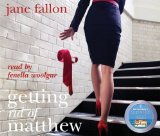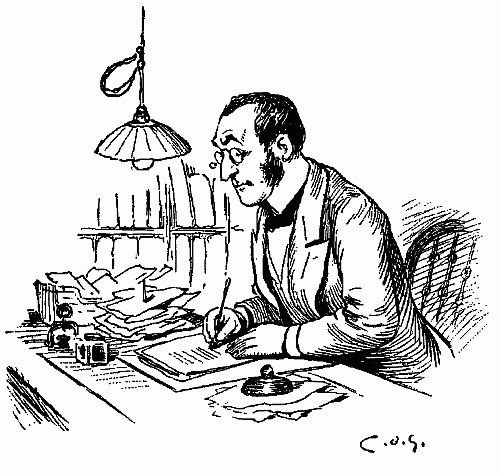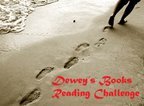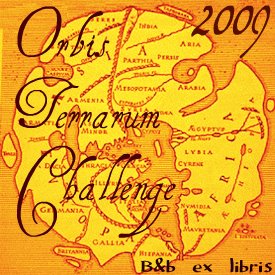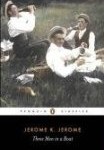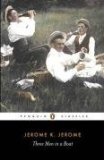Getting Rid of Matthew is typical ‘chick lit’. I don’t think I’d have ever read beyond the first couple of pages under normal circumstances, but I happened to have a copy of the audio book, and as I didn’t have anything else to listen to at the time, I decided to give it a try.
Getting Rid of Matthew is about Helen’s affair with Matthew. Helen spends years trying to persuade him to leave his wife, Sophie, and move in with her. When Matthew finally leaves his family to be with his mistress, Helen realises that the reality is not quite how she imagined it, and decides she doesn’t want to be with him any more. She desperately plots ways to get rid of Matthew, and ends up befriending Sophie, in disguise, to try to push the couple back together.
The characters were reasonably realistic, but only Sophie was remotely likable. Most of the time I was wondering if people really are as stupid as them! The book emphasises the destructiveness of affairs, and the hurt they cause both the family and friends of everyone involved.
The narration was excellent, and I think it made a world of difference to the experience of reading the book. It was really funny, and time spent listening to the story flew by. It’s a light book, which doesn’t require your full attention, so is a good choice if you may be distracted.
I’m not normally offended by strong language, but perhaps because it was an audio book, and I have young children, I was very aware of the amount of swearing it contained. I found that I couldn’t listen to it when my children were around, and so this was a major drawback.
Overall, I wouldn’t recommend the book, but it was entertaining to listen to.

